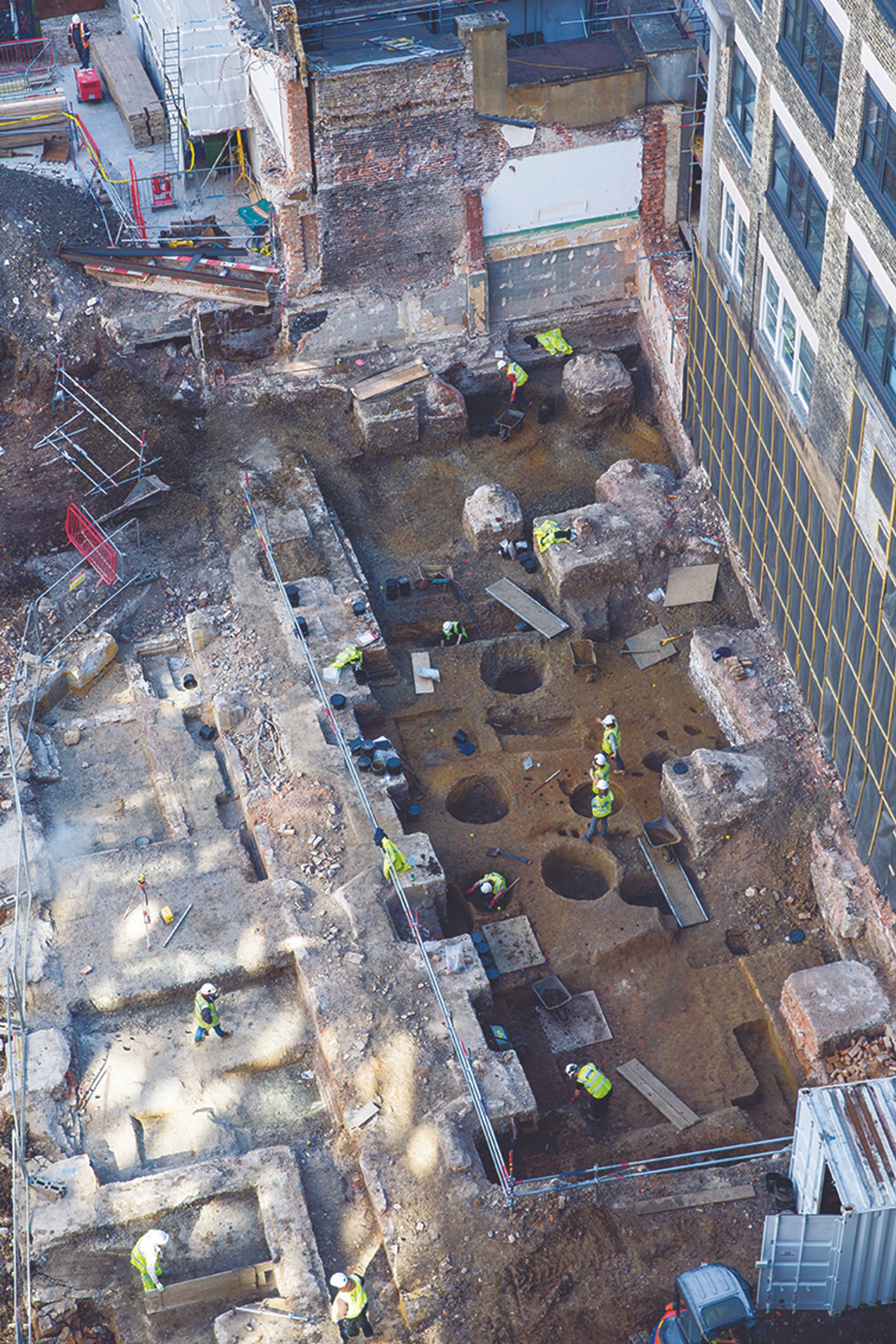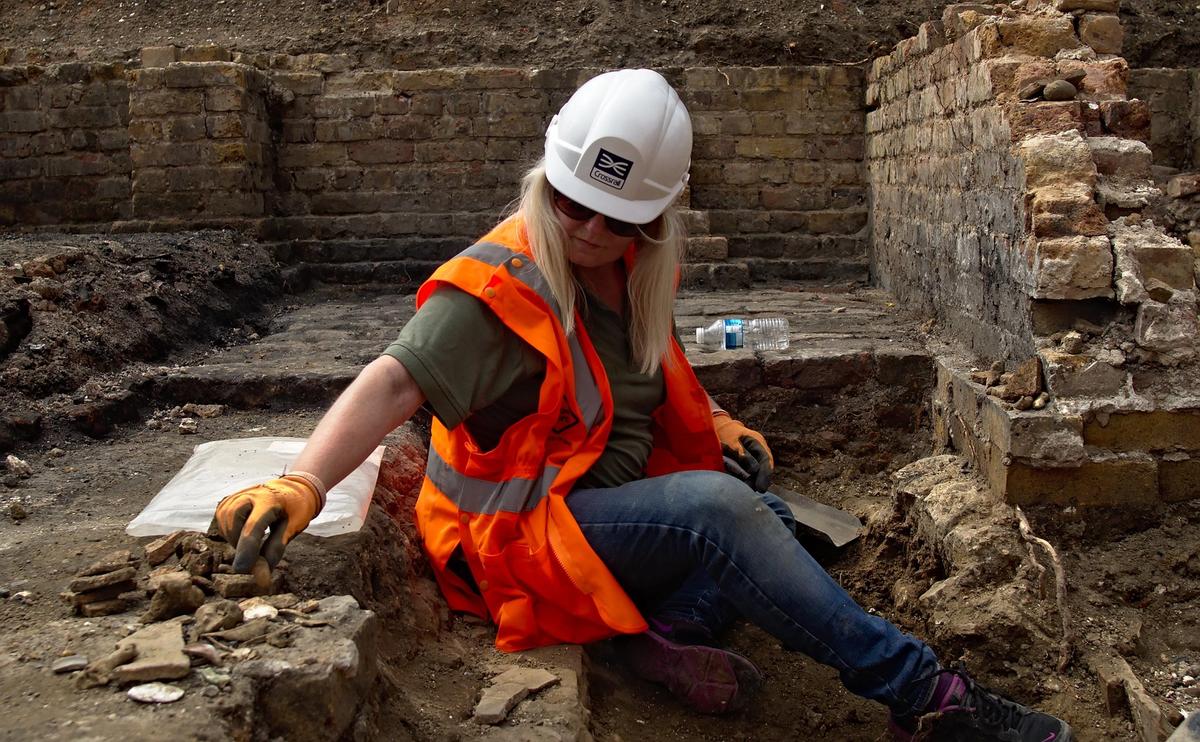A report by the British Archaeological Jobs Resource (BAJR) suggests that over a third of archaeologists across the UK are “in an unsustainable financial position” and that the sector is embroiled in a financial crisis.
The findings were based on a survey of 755 individuals working in the field, representing more than 10% of the sector, and carried out over the summer. “We really wanted to understand how our profession was faring within the situation, as these are our friends and colleagues,” says David Connolly, who co-wrote the report alongside Liz Tideswell, Gwilym Williams and Lu Stanton-Greenwood.
The survey found that the average net income of a British person working in archaeology was £21,820. Over a third of respondents stated that they rely on credit products on a monthly basis, while two-thirds said their mental health was being impacted by financial difficulties.

Two-thirds of archaeology professionals surveyed said their mental health was impacted by low pay Photo: Andrew Aitchison/In pictures via Getty Images
Over 40% of single respondents and one-fifth of archaeologists with families fell into the category of food poverty, meaning they were forced to ‘skip meals or rely on food banks’ to get by.
The report finds there is a good supply of jobs in the sector, with construction and development industries regularly offering opportunities. But the seasonal and project-based nature of the profession leads to low annual income and job security.
“There’s a disjunct between the narrative of there being lots of jobs and a workforce that ultimately doesn’t feel like it is a good place to be,” says Neil Redfern, executive director for the Council of British Archaeology.
“One of the issues we’ve long noticed in the sector is less related to entry-level wages and more to do with the compression of salaries at mid- to late-level careers,” says Doug Rocks-Macqueen, director of analysis, research and technology at Landward Research, which undertakes labour market research on the cultural heritage sector. “Individuals can work 30 years and be earning just double the salary they made straight after starting their career. And most will not even make that.”


